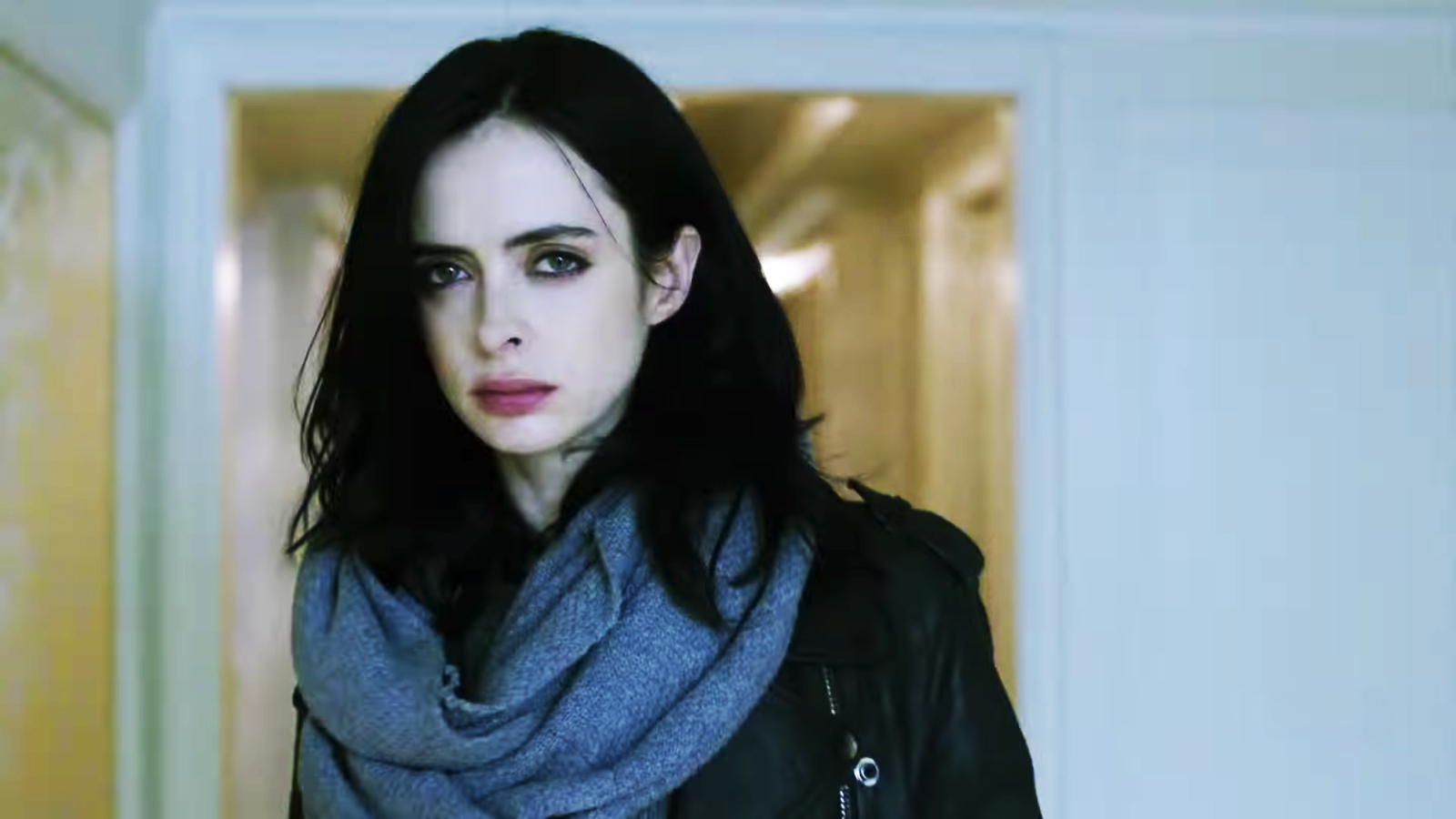Jessica Jones in the time of social change


Marvel’s Jessica Jones is not your typical superhero. She’s a heavy drinker, she swears a lot, and doesn’t really care about being a superhero.
Despite that, she cares for the people around her and frequently ends up saving the world.
Jessica Jones was taken as a newly orphaned child and experimented on without her consent, a comparison to the way vulnerable people can be preyed on and taken advantage of by those in power over them.
She’s also a sexual assault and rape survivor. In the first season, she delves into how the season’s villain, Kilgrave, used his power of control to force her into a sexual relationship with him.
Throughout both seasons, she addresses him directly by saying “you raped me.”
At the end of the first season she overpowers his control over her and kills him.
The scene where she kills him is not contrived or played up for drama, but instead, fills the viewer with a feeling of relief at seeing him dead.
The second season furthers this with a scene where Jessica tells an assailant who uses a gendered slur against her that “time’s up.” The second season also features flashbacks to Jessica’s sister, Trish, being raped and sexually abused by a male movie producer.
It’s very important, especially with the current social climate of women saying “no more” to silence, to have a female superhero who’s also a survivor.
Two of the main characters in the first season are female with multiple female side characters and the second season adds a third female main character. The second season is also directed entirely by women.
Jessica Jones allows women who have been victims to see strength in themselves. She isn’t limited by what she’s been through, but instead, channels her anger into her work as a superhero and private eye.
Actress Krysten Ritter, who plays Jessica Jones, has spoken about this, saying: “Jessica Jones means more in the era of #MeToo.”
“The trauma she experienced affects everything. It affects how she walks, how she speaks, how she drinks, how she relates to her friends, how she hates herself. It’s always there,” Ritter said in an interview with TIME magazine.
Ritter also speaks in depth in that interview about why Jessica Jones resonates with people: “People are connecting with Jessica because she is outwardly expressing her anger about it.
She’s pissed off. [Trish’s] story does not involve her, but she’s a victim of sexual assault herself. I think it triggers an anger that has been lying dormant. The fact that he’s hurting other women makes her completely flip out and punch a hole in a car.”
Beyond the show’s storylines and how it tackles stories about sexual assault and rape, Jessica Jones is also full of women.
Two of the main characters in the first season are female with multiple female side characters and the second season adds a third female main character. The second season is also directed entirely by women.
The show’s producer and showrunner is a woman. This makes the storylines feel more organic, and the visuals are no longer seen from the male gaze, but a woman’s. Ritter said to Entertainment Weekly that it changed the atmosphere and that the set felt softer.
Jessica Jones changes the landscape surrounding superheroes and the stories they can tell.
Her status as a victim of experimentation and sexual abuse does not take away her power or make her seem weak. Instead, it furthers her strength and shapes her into the hero we see.
Jessica Jones is the superhero that the #MeToo and #TimesUp movements need.


